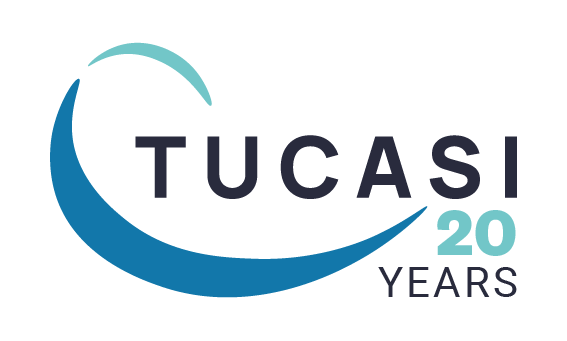For many school business managers, setting up and running school breakfast clubs can feel more like a logistical challenge than a strategic priority. But the hidden value of school breakfast clubs reveals a surprising return on investment (ROI) for schools.
The value of school breakfast clubs
Providing pupils with breakfast can deliver substantial value to schools, key benefits include:-
- improved attendance
- better wellbeing and behaviour
- enhanced learning outcomes

Improved attendance
Poor attendance and lateness are barriers to learning. Breakfast clubs can help to change that. When children know there’s a warm, welcoming environment and something to eat, there’s an incentive to arrive on time. This is especially applicable to your vulnerable pupils and those from households with chaotic morning routines.
By improving punctuality and attendance, breakfast clubs support funding stability and also reduces your admin time spent chasing absentees — a hidden, time-consuming task for school admin teams to manage.
Better wellbeing and behaviour
Misbehaving in class is not new. However, starting the day hungry can leave pupils anxious and bad behaviour can spill over into the classroom which detrimentally impacts learning.
Breakfast clubs offer a more relaxed start to the school day. Pupils have time to eat a nourishing breakfast and socialise with their friends before lessons begin.
Better behaviour supports calmer classrooms, which in turn improves teaching efficiency. Thus reduces teacher burnout and improves staff retention.
Enhanced learning outcomes
Hunger will manifest in different ways:-
- 35% struggle to concentrate
- 28% have no energy
- 25% find it hard to think about things
- 21% are in a bad mood
These can all lead to disruption in the classroom. Adversely affecting the whole of the class.
There’s no doubt that nutrition and cognition are deeply linked. Research has shown that having breakfast really does improve outcomes in both literacy and numeracy.
A report from the IFS found that children in schools with a breakfast provision made two months’ additional progress over the course of a year.
Unseen benefits of breakfast clubs
Beyond the obvious impact on pupils, breakfast clubs ease pressure on your staff and school infrastructure in other ways.
- Reduced safeguarding alerts directly related to hunger;
- Less congestion at the school gates with staggered arrival times;
- Improved relationships with working families;
- Better staff retention and wellbeing;
- Positive PR when parents are researching schools.
These outcomes highlight the hidden value of school breakfast clubs, far beyond their role as a meal provider.
Here are some examples listed on Gov.uk on how free breakfast clubs have helped children
Conclusion
Breakfast clubs aren’t just about food. They’re a strategic tool that helps improve learning and supports the overall health of your school ecosystem.
For school business managers looking to stretch every pound and maximise impact, the humble breakfast club might be something to consider.



